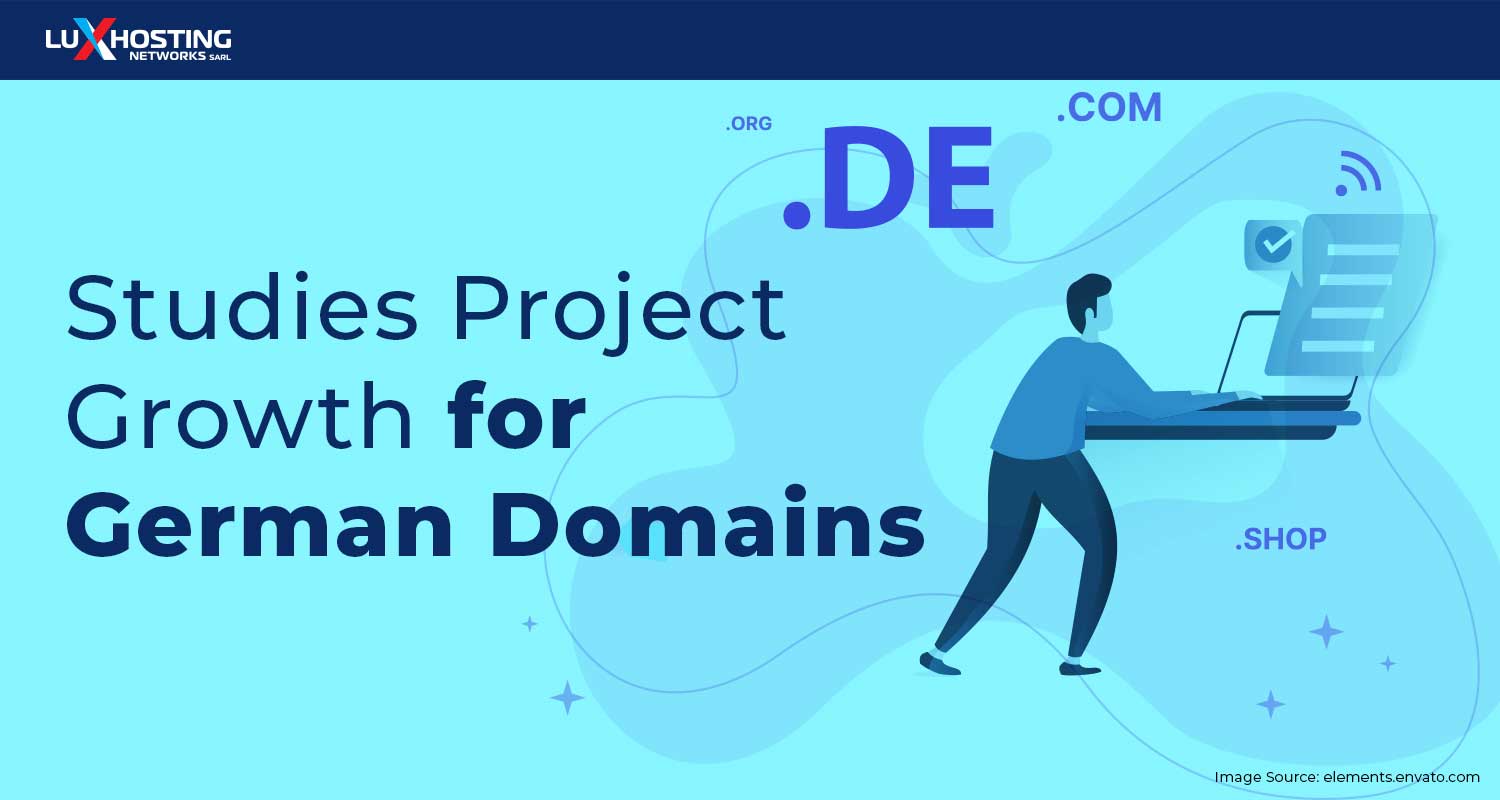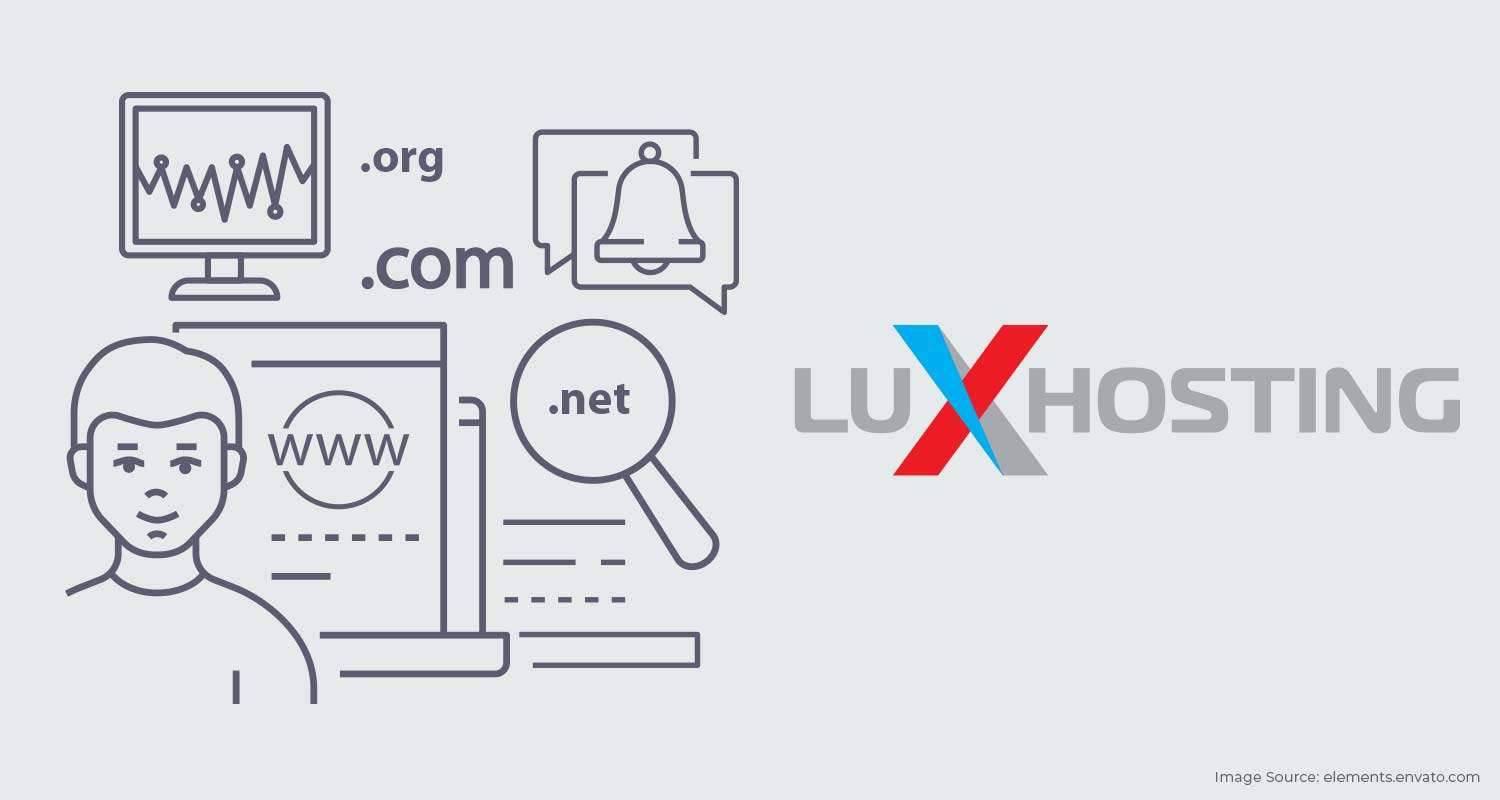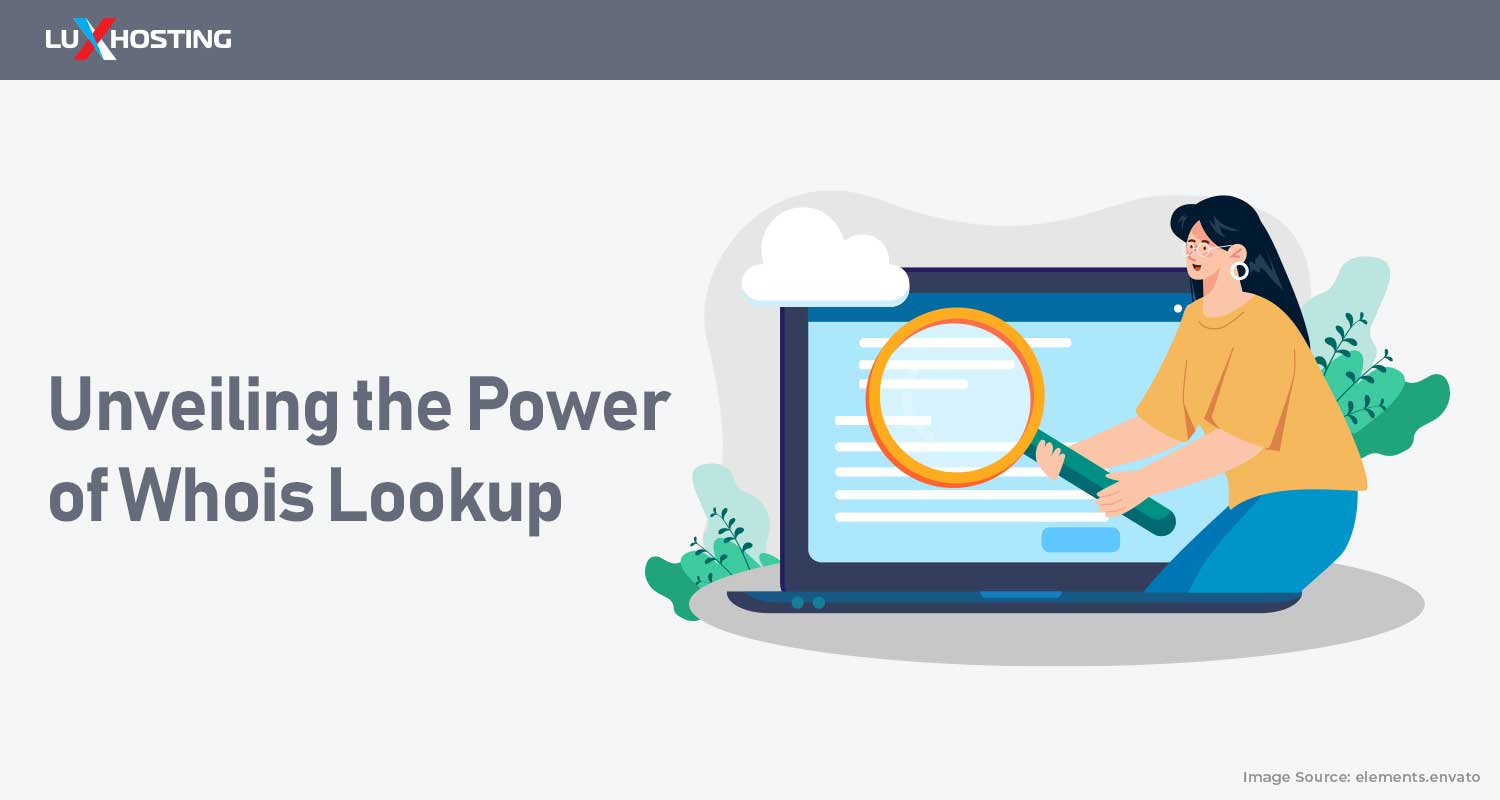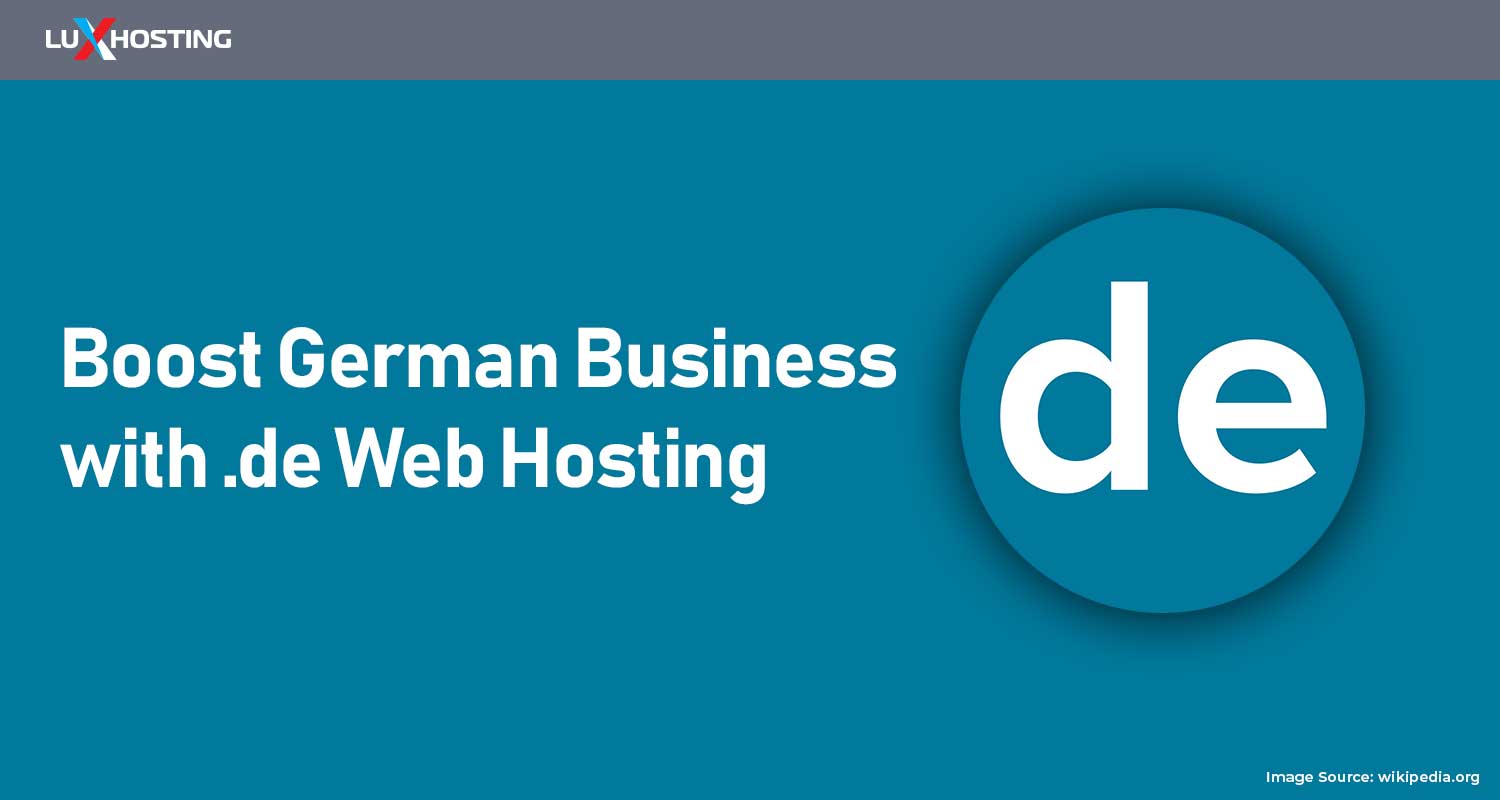The COVID-19 pandemic has been on a rampage displacing numerous people and disrupting several sectors, but not the internet sector in Germany, according to a recent study. The Association of the German Internet Industry, eco. e.V., updated “The German Internet Industry” study predicts an increase in the sector based on the various layers and segments of the German Internet industry which touches German Domains. These predictions focus on market potentials, value contributions and growth trends for 2020 to 2025, with consideration given to the effects of the coronavirus crisis. This includes areas of housing and colocation, German domains, web hosting, cybersecurity and smart industries. Already there’s an increase of over 200,000 in .de domains within the first eight months of this year.
Is COVID-19 helping to boost the Internet Sector?
It’s not just the greater demand for information that’s boosting the online industry. The effects of this pandemic are also contributing to the continued upswing of the Internet. With the current restriction on movement locally and internationally, more businesses and social events have moved online. That’s why it’s no surprise that the study has found that the coronavirus pandemic, predicts a slightly positive effect for Web Hosting & Domains, temporarily increasing domain sales. More persons than normal are registering new domains in Germany. Even companies that previously had no website have moved online in order to reach their clients during the partial lockdown phase.
DENIC Registration Growth
There’s a net increase in .de domains exceeding 200,000 in just the first eight months of this year, according to the study. This represents nearly 1.3 % when compared to 0.7 %t in 2019. This means that the number of domains under management has passed the mark of 16.5 million.DENIC manages the .de domain, which is the country-code top-level domain for Germany. (LuxHosting is a recognised distributor of .de domains)
Top Market Segments
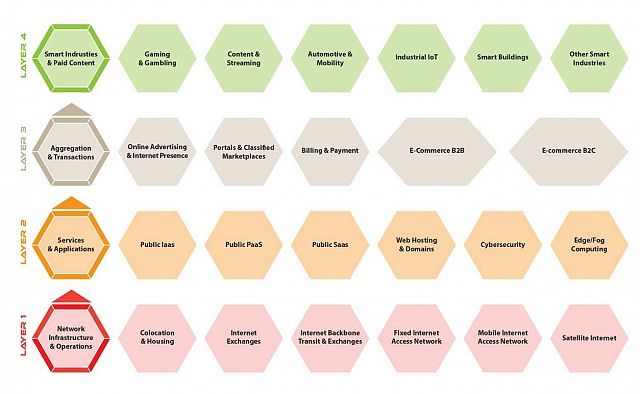 The study also shows recent growth in Colocation & Housing (Layer 1) and Public Cloud Computing (IAAS, PAAS and SAAS) (Layer 2). This market segment is rated as still being particularly attractive. New segments were also added to the updated study based on increased momentum and importance over the recent years. These include Cybersecurity and Edge / Fog Computing (both Layer 2) along with the digital business models of application industries ('Smart Industries') (Layer 4). Base on the upswing in the internet sector and smart industries the areas such as cybersecurity are expected to consistently increase and hold a significant share in the Internet sector in the future.
The study also shows recent growth in Colocation & Housing (Layer 1) and Public Cloud Computing (IAAS, PAAS and SAAS) (Layer 2). This market segment is rated as still being particularly attractive. New segments were also added to the updated study based on increased momentum and importance over the recent years. These include Cybersecurity and Edge / Fog Computing (both Layer 2) along with the digital business models of application industries ('Smart Industries') (Layer 4). Base on the upswing in the internet sector and smart industries the areas such as cybersecurity are expected to consistently increase and hold a significant share in the Internet sector in the future.
E-Commerce growth momentum
There’s a growing demand for e-commerce and also an increasing number of business creations in Germany. Even so, the forecast suggests just moderate growth up to 2025, in this market segment. Back in 2019, the Internet industry in Germany had a value contribution of approximately 10% within the e-commerce B2C segment. There was also about 3% in the e-commerce B2B segment. Nonetheless, even with a view of the effects of the coronavirus pandemic, the study expects a temporary slightly positive effect for the Web Hosting & Domains segment.
Overall Scope of “The German Internet Industry” Study
It’s divided into the following topical sections:
- Reality check of the statements of the last study which covers the period from 2015 to 2019
- The German Internet industry in figures and facts and the impact it has on Germany as an industry location
- Projections that relate to the layers according to the underlying Internet industry model. This includes Network, Infrastructure & Operations; Services & Applications; Aggregations & Transactions and Smart Industries & Paid Content, and their respective segments
- In conclusion the study gives a forecast with hypothetic scenarios of Germany's digital infrastructure in 2030. The updated “The German Internet Industry” study was compiled in cooperation with the international management consultancy Arthur D. Little.
